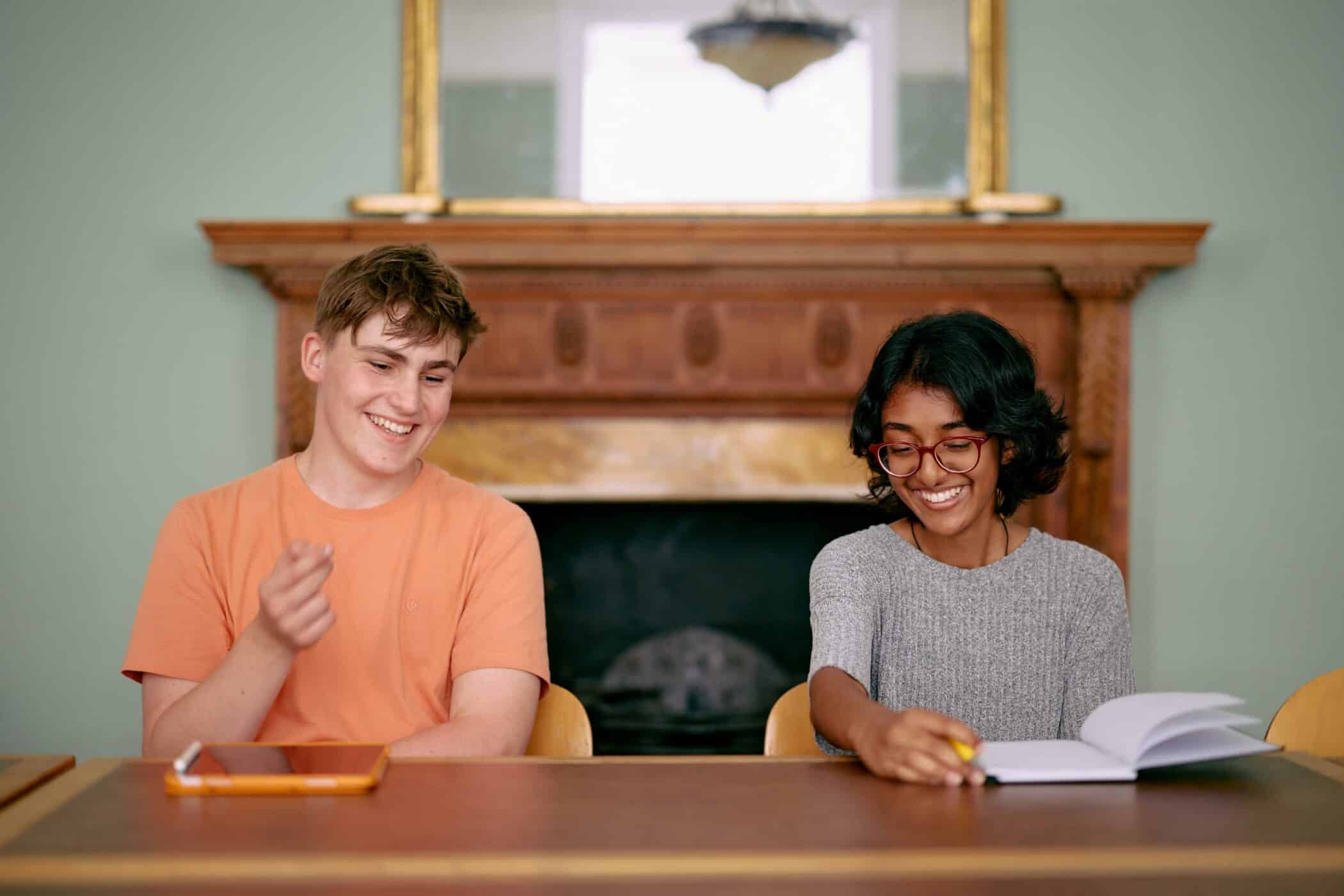A group of Oxford students, academics and Heads of House have worked together to develop a series of ‘Tips’ for organisers, speakers, and attendees to run events which may involve the discussion of ‘difficult’ or ‘controversial’ topics. The ‘Tips’ are intended to promote not to impede discussion.
We are running a series of events called ‘Debating the Difficult’ designed to put the ‘Tips’ into action. The ‘Tips’ were also successfully used to facilitate the Massada Annual Lecture in May 2024. Read more about these events below.
Upcoming events
Events
See all events

Event archive
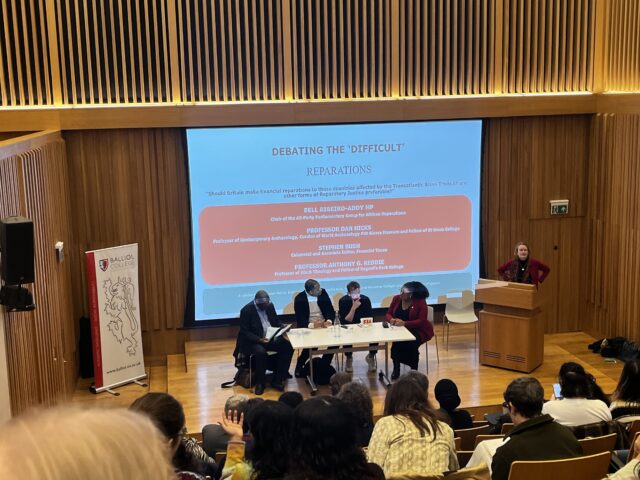
Debating the Difficult: Reparations - March 2025
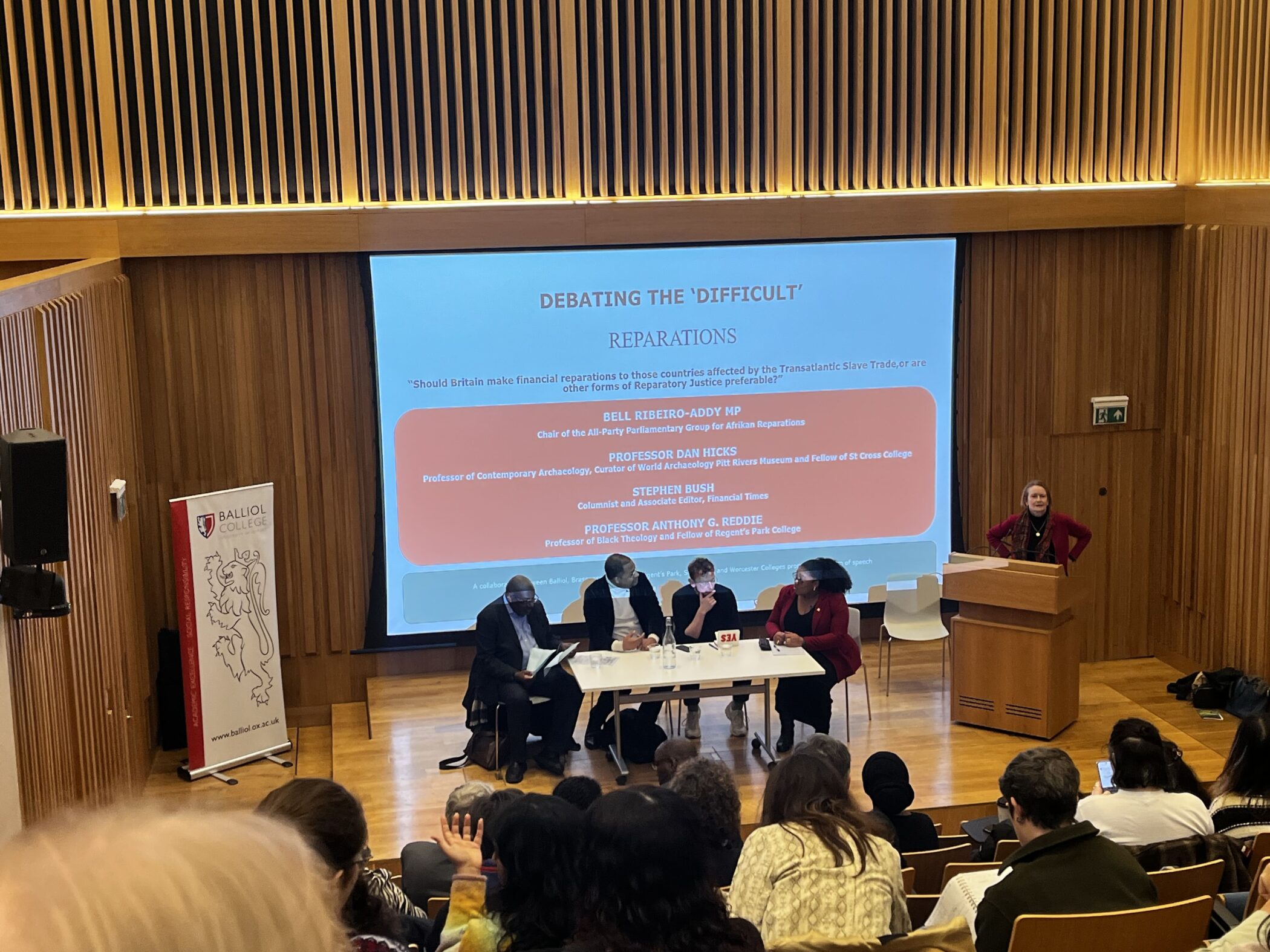
Debating the Difficult: Reparations - March 2025
This debate at Trinity College asked “Should Britain make financial reparations to those countries affected by the Transatlantic Slave Trade, or are other forms of Reparatory Justice preferable?”.
The speakers were:
- Bell Ribeiro-Addy MP, Chair of the All-Party Parliamentary Group for Afrikan Reparations
- Professor Dan Hicks, Professor of Contemporary Archaeology, St Cross College and Curator of World Archaeology, Pitt Rivers Museum
- Stephen Bush, Columnist and Associate Editor, Financial Times
- Professor Anthony G. Reddie, Professor of Black Theology, Regent’s Park College
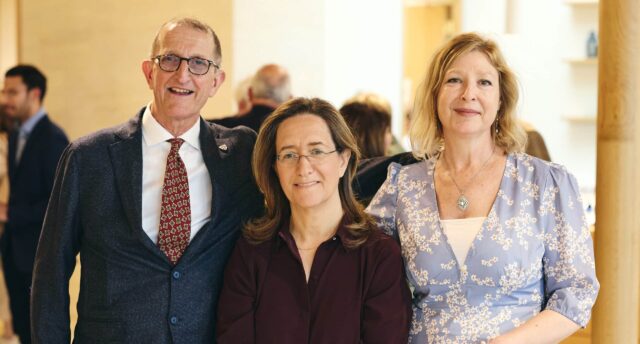
Massada Annual Lecture: Media in Times of War - May 2024
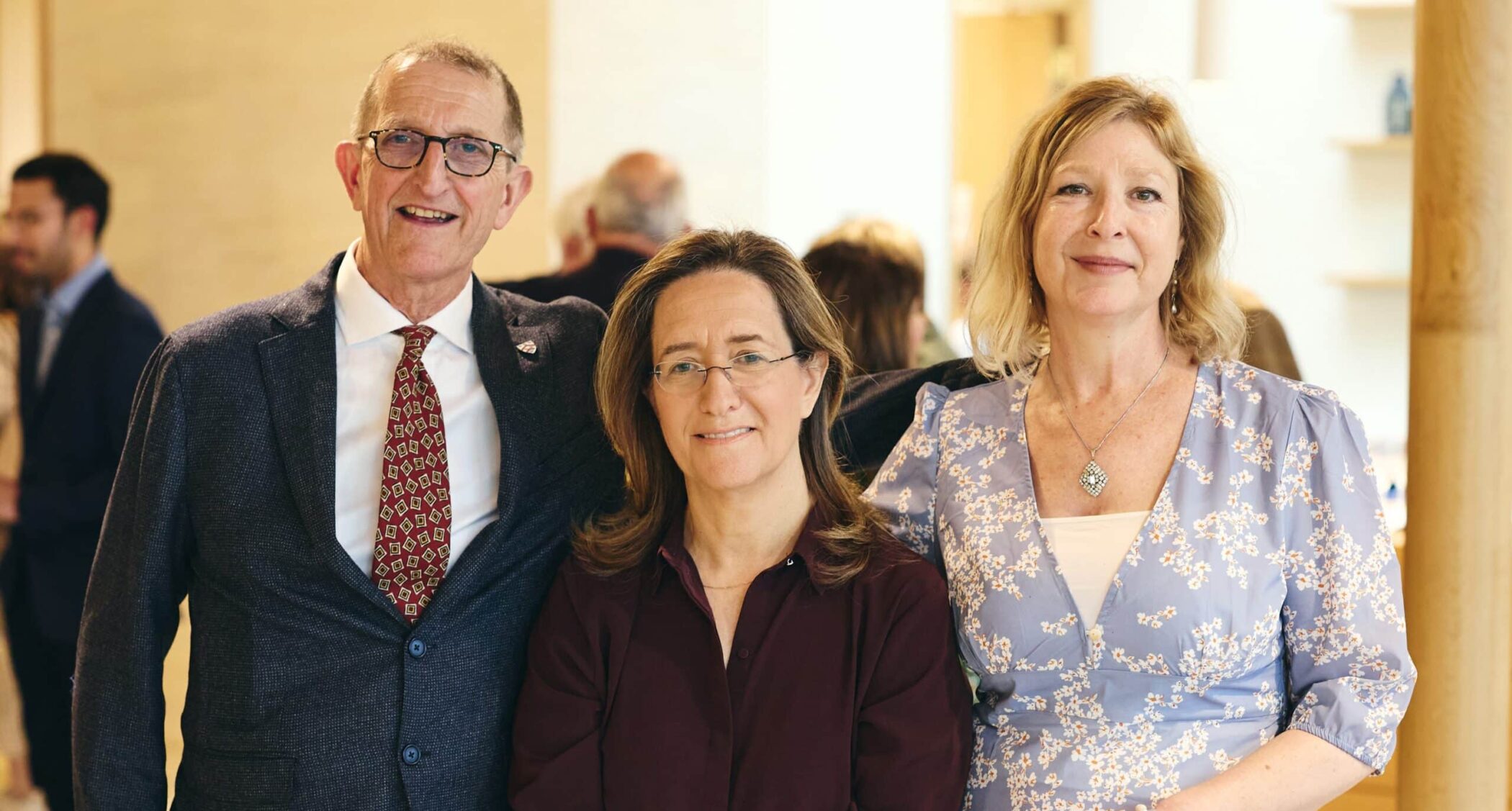
Massada Annual Lecture: Media in Times of War - May 2024
Worcester College is the beneficiary of a bequest by Ms Sheila (Storm) Kelly in the name of her parents, Israel and Ione Massada. The Massada Programme was established in 2016 to support academic exchanges between Israel and Oxford, and also supports a Junior Research Fellowship, and an Annual Lecture at which leading Israeli cultural figures, commentators and academics are invited to lecture on a variety of subjects of their choosing. The 2024 lecture was delivered by Dr Ilana Dayan, a leading Israeli investigative journalist and academic.
In light of the Hamas attacks and seizure of hostages in Israel on October 7th 2023 and the subsequent war and humanitarian crisis in Gaza, the College was aware of the increasing tensions in and beyond Oxford. The ‘Tips’ were used to facilitate an event in which Dr Dayan’s lecture could proceed in a respectful and courteous manner. Attendees agreed to abide by the free speech framework and a set of event-specific principles.
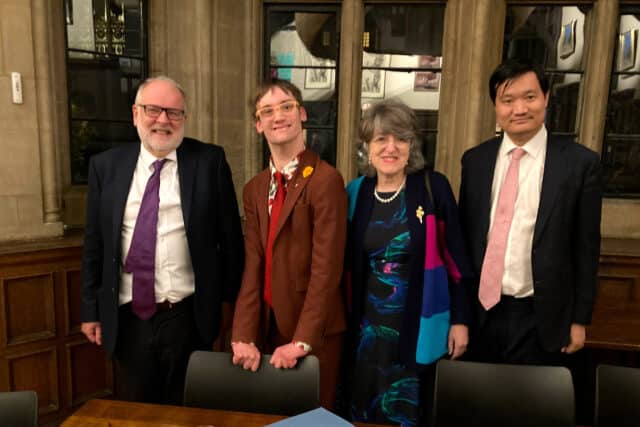
Debating the Difficult: Assisted Dying - March 2024
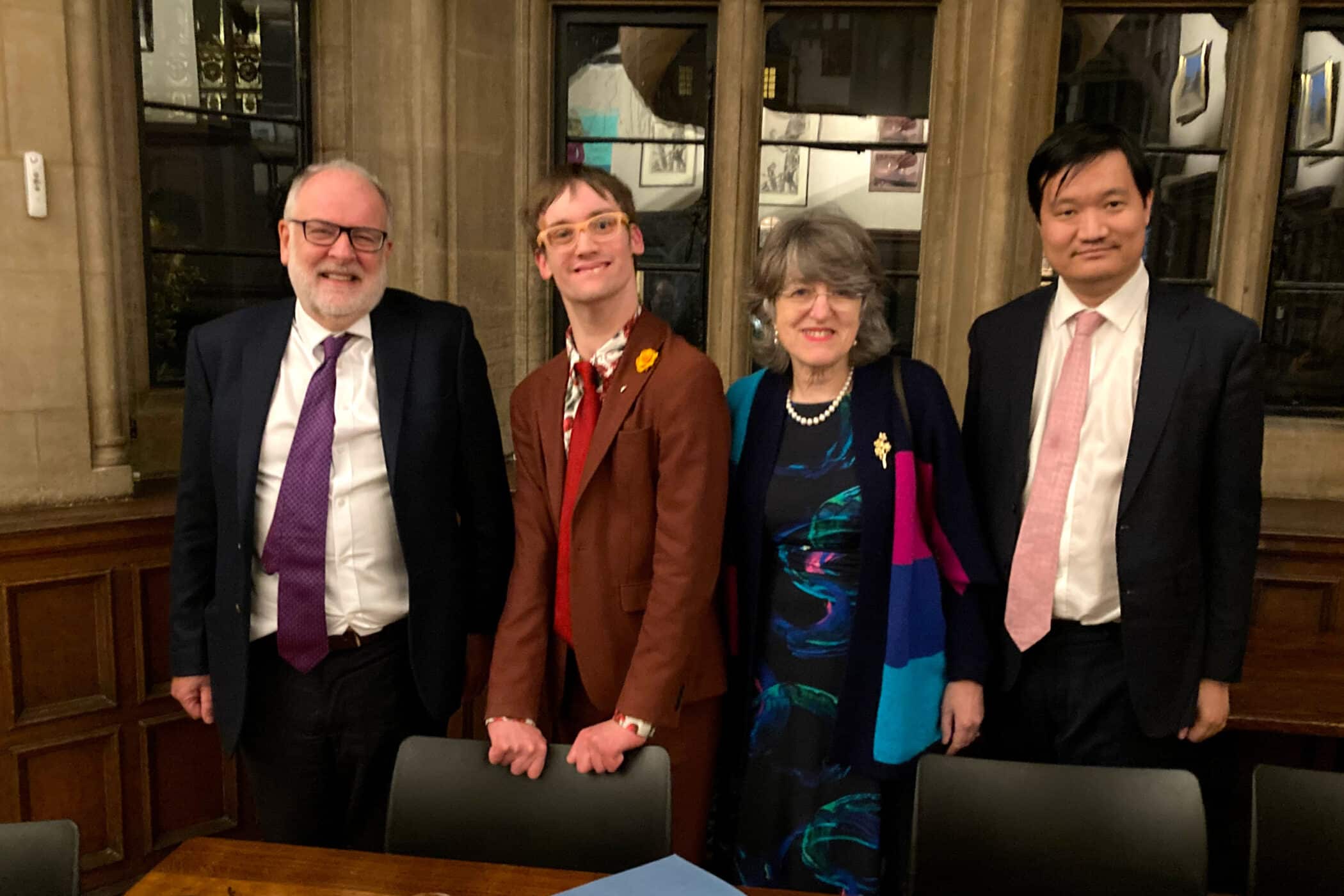
Debating the Difficult: Assisted Dying - March 2024
The second debate took place at Brasenose College and was chaired by Principal John Bowers KC. The debate included current students alongside Lord Falconer, the former Lord Chancellor, and Lady Finlay of Llandaff, a Professor of Palliative Medicine.
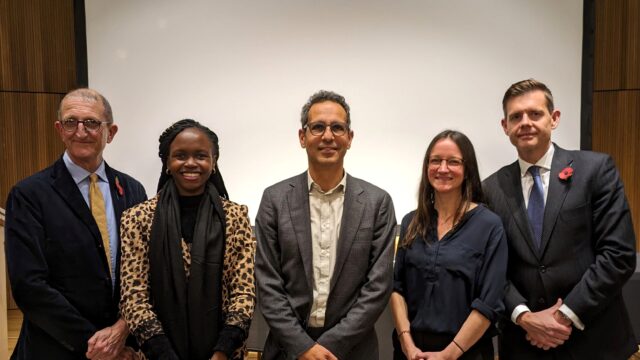
Debating the Difficult: Migration - November 2023
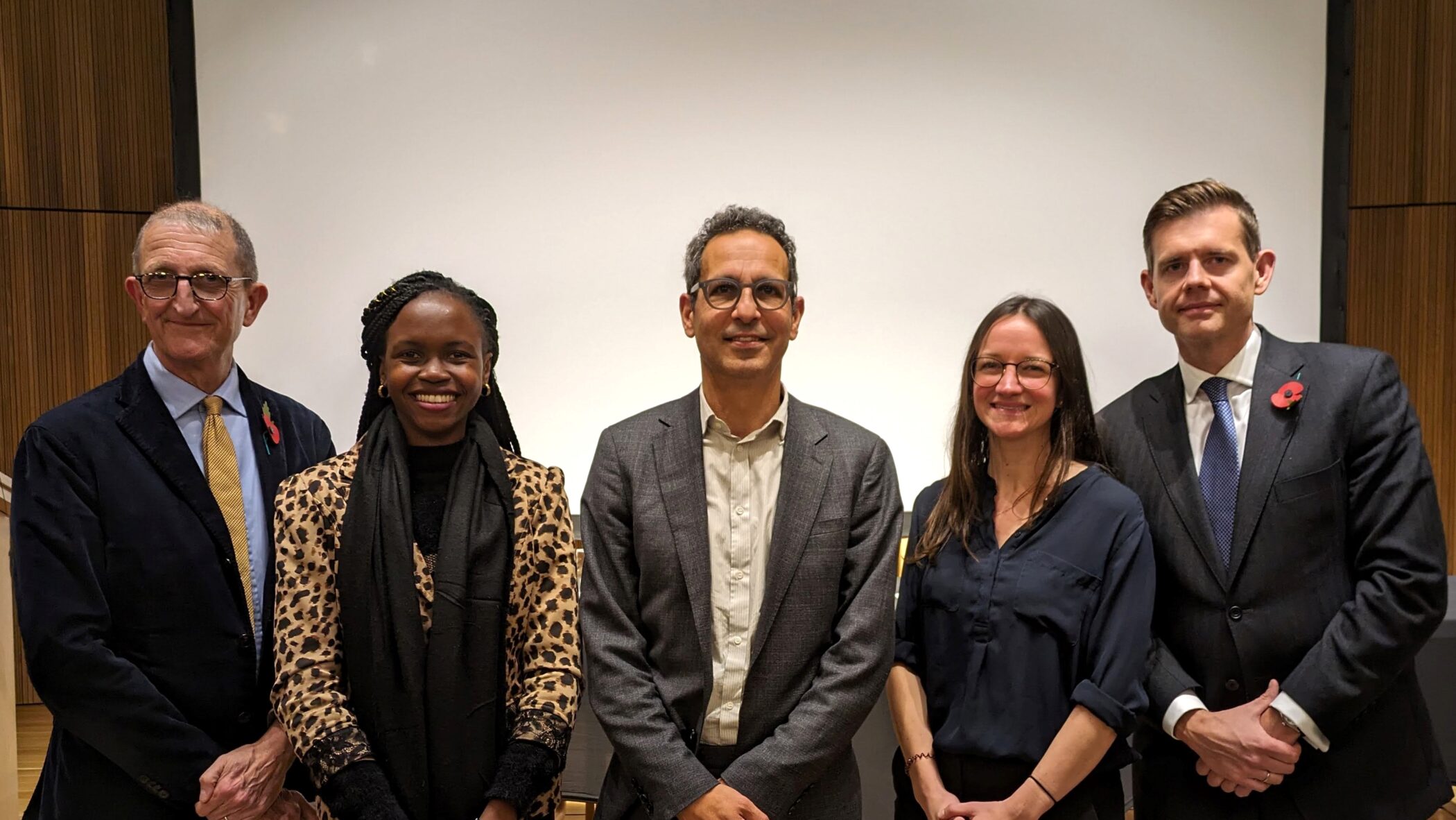
Debating the Difficult: Migration - November 2023
The topic of migration was chosen to test the framework, with two speakers addressing each side of the motion. Speaking in support of more migration to the UK were Enver Solomon (CEO, Refugee Council) and Krista Verver (Recent graduate in MSc Migration Studies, St Antony’s College, Oxford). Speaking in support of less migration to the UK were Matthew Goodwin (Professor of Politics, University of Kent) and Rispah Odanga (BCL student at St Antony’s College, Oxford).
The debate was chaired by Worcester College Provost David Isaac who was responsible for facilitating free contributions from all parties and upholding free speech.
The debate was run with the following key principles in mind:
- Attendance was limited to University of Oxford members
- There had been no prior social media publicity or discussions
- There would be no social media during the event
- ‘Chatham House Rules’ would apply
- The event would not be recorded
- Attendees would listen to all contributions in good faith
- Feedback was requested from both speakers and audience members
- A post event press release would be issued
The audience and speakers respected the event framework and the debate proceeded in a manner whereby all speakers were able to express their viewpoints – even if they were unpopular. Speakers were subjected to robust challenge from each other and from audience members across the political spectrum.
Polls were taken before and after the debate and the results showed a small swing in favour of reduced migration.
The ‘tips’
This is a joint initiative developed by Balliol College, Brasenose College, Mansfield College, Somerville College and Worcester College.
Please let us know your thoughts and feedback by emailing fos@worc.ox.ac.uk.
Last updated: 10 January 2024
Preamble
Freedom of speech is an important value in our democratic society and among other laws is protected by the Human Rights Act 1998. It is also a core tenet of academia, which universities have a legal duty to uphold. The right to free speech is not meant to protect the popular dogma of the day; it is meant to facilitate discussions even on bitterly divisive topics and enable all viewpoints, regardless of their popularity, to be heard. Some of the most important ideas may involve difficult conversations, which may be perceived to be controversial or experienced as distressing for some. The law is clear that institutions must enable these conversations to take place. Less clear, however, is how this can be best done in practice.
Consequently, some institutions and individuals have faced difficulties in holding events on potentially contentious topics. A number may have been pressured into taking steps which are potentially incompatible with their legal duties to uphold freedom of speech and academic freedom, such as cancelling events, or faced criticism for doing so. There is concern that this climate may create anxiety for organisers and host venues who are feeling uncertain about how to carry out such events or to avoid attacks or criticisms. The result is that discussion on many important topics is being avoided.
This document has been developed as a result of discussions by an informal working party of Oxford students, academics and Heads of Houses. It does not represent the views of the University of Oxford. In its present form it is intended only as a discussion document that seeks to set out an approach to facilitate formal debates on difficult topics – rather than lectures and seminars. It was used as the basis for a debate on whether there should be more or less migration in the UK in November 2023 where the approach was received positively and enabled a difficult discussion to take place. We seek to canvass wider views on the approach which will be tested again in March 2024.
The document seeks to provide a series of “tips” for organisers, speakers, and attendees, regarding the running of events which may involve the discussion of difficult or “controversial” topics. It sets out some key principles, and offers some practical tips. It merely aims to provide advice and guidance which those involved in facilitating such events may find helpful. These may include internal and external conferences, departmental seminars, or any other debates or marquee events. Overall, it endeavours to facilitate these events, so that organisers feel confident in running such debates, speakers feel confident enough to take part, and for attendees to feel able to participate.
This document does not constitute legal or mandatory guidance but is intended to supplement (and not replace) the law, or existing University of Oxford Guidance, including the Code of Practice and its statement on Freedom of Speech. The document is intended for those who may benefit from support and guidance on how to facilitate difficult conversations at their events. The overriding intention throughout is to promote free speech, not to limit it. For further practical guidance and case studies on how to promote freedom of speech at universities within the law, please see the EHRC’s guide.
Key principles
The following key principles should be central to all planning of events with difficult conversations:
- The event will take place within the parameters of the law.
- The event will take place within the parameters of the University of Oxford’s Code of Practice regarding Free Speech, its statement on Freedom of Speech, and in accordance with its PREVENT policy.
- The fact that a topic is considered controversial or potentially distressing is NOT a reason for an event to be cancelled. Institutions should not refuse or cancel bookings based on subjective values (including the personal views of their members), nor because of possible bad publicity or controversy.
- Statements made (or views held by individuals) at the event (including speakers) should not be assumed to be representative of the views of the host institution, or the organiser of the event, or its participants. The ambition is (a) to give everyone the opportunity to experiment with a line of argument not heretofore tried and (b) to prevent guilt by association.
- Individuals have the right not to attend an event which they may find distressing, or relates to a subject with which they morally disagree, or where they feel unable to attend without being disruptive.
- The right to disagree should always be respected and upheld.
- There is no right not to be shocked or offended.
- Respect for the individual is essential even if a person’s ideas are rejected. This means that individuals should be listened to in good faith.
- Speakers should expect to be listened to, but must expect their views to be subjected to robust challenge and to be interrogated in good faith.
- By attending an event, attendees agree to respect the speaker’s right to speak and agree to allow them to be heard (e.g., without heckling or any other form of audible protest.
‘Tips’
The following tips are offered to organisers and speakers, based on the above principles.
When planning the event
- Keep the key principles above in mind, especially points 1-3.
- Check the terms of use of your venue (if applicable) for how much information you need to ensure you provide to them in advance of your event.
- Inform your venue of the nature of your event and the fact that you are using these Tips to allow them to provide you with advice and support on practical arrangements such as security. This may be a term of their facility use.
- Although it is not possible to anticipate everything that may occur during an event, it may be helpful to provide information to all attendees in advance (e.g. in advertising materials), on the planned speakers, general topic and the nature of the event. This should ensure that attendees are present on an informed and consensual basis, reduce unexpected objections, and minimise the likelihood of disruption.
- Although there is no requirement for an event or panel to be “balanced” in relation to the issues discussed (and this should not be a requisite for an event occurring), “balance” may be beneficial for some topics and can benefit the discussion, attract a wider audience of attendees, make some contributors feel more comfortable to attend or contribute and reduce concerns or the likelihood of protest from others.
- Consider in advance any agreed “house rules” for your event (on soliciting questions in advance, recording and sharing information, on how and when to contribute to conversations, and on support available afterwards), and communicate these in advance where possible. Also:
- Consider the use of “Chatham House Rules” ie that the content of discussions may be discussed outside the event but the source may not be attributed to individuals;
- Clarifying these issues will, we hope, make people feel freer to ask questions and ensure that all parties are happy to attend with agreed “rules” in place.
- To help all parties feel prepared, reduce unexpected or unpleasant surprises and make speakers feel that they will be listened to and respected – facilitating more confident discussion – consider discussing the following with speakers:
- their approach to risk and risk mitigation
- possible areas that the speaker may not wish to address
- how difficulties might be managed
- how they can be supported during the event itself
- that any people providing support are properly briefed on the existence and use of the ‘Tips’ and their overall purpose.
- The event Chair [if one is present] or host should ensure they can confidently:
- control the proceedings
- recognise and seek to address (where possible) any significant distress that arises for speakers or members of the audience because of the matters being debated
- recognise the need for, and if necessary request, a break in the session (e.g. if debate becomes so heated that respectful communication breaks down)
- facilitate free contributions from all parties irrespective of hierarchy and status
- uphold free speech
- Consider contingency plans (what you may do, and who you may need support from), if the proceedings break down (e.g., in the event of inappropriate heckling or abuse).
- If you are still unsure about how to plan and host events, you might want to contact the host venue for information about other previous similar events they may have held, and any advice they may be able to offer. The organisers and speakers of these events may also be happy to share their experiences and expertise.
- The University has a duty to provide advice and support that will help uphold free speech.
- If you feel your event is facing unfair roadblocks, seek advice or support from the Head of your College, the Dean or the Proctors’ Office
During the event
- Keep the key principles above in mind, especially points 4-10.
- At the start of events, it is good practice to remind attendees of any house rules such as:
- Rules on recording and sharing information from the session
- Photography, social media publicity, and audio recording (by both attendees and hosts)
- Whether Chatham House Rules or similar/ alternative confidentiality rules apply
- The need for respect, courtesy and consideration as required by the University’s Harassment Policy (found here)
- How and when to contribute to conversations (e.g., raised hands).
- Rules on recording and sharing information from the session
- It is advisable that (if there is to be a Chair) an experienced individual should chair conversations.
- Attendees and speakers should respect the authority of the Chair and comply with their requests to keep to time, end or pause their presentations. However, Chairs should make such requests for the purpose of allowing the event to proceed and should not seek to control content.
- The Chair should use their powers to uphold, rather than stifle, free speech.
- All participants should feel entitled/able to speak, to be heard, and to respond to points made.
- The Chair should lead on ensuring this, but every participant has a duty to support the Chair on this approach.
- Attendees should have an opportunity to ask questions although due to time constraints it might not be possible for all to be heard.
After the event
- Check in on speakers about how they found the event, including if they have experienced any difficulties as a result of taking part. Advice should be sought from the University or police (as relevant) if required.
- Provide the opportunity for feedback from all attendees.
- Agree key outcomes and whether there should be any publicity or other communication.
- Consider the pros and cons of providing a recording of the event. When utilised, these recordings typically include the content of speakers and not audience members (e.g. question sections), to encourage contributions from the audience.
- if speakers consent, then providing a publicly available recording of the event can help dispel any false impressions of the event.
- be aware that recordings can be used against you by others.














